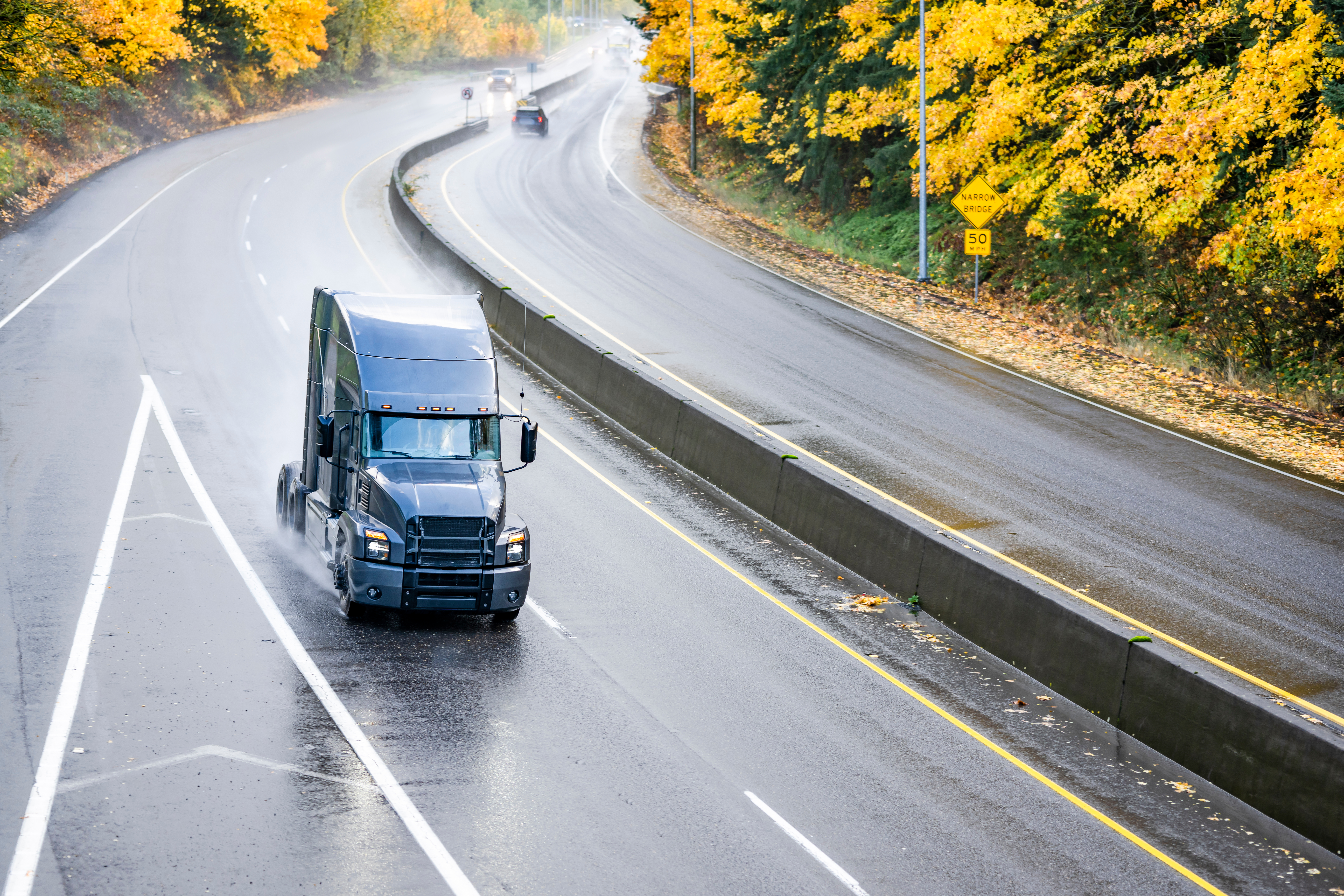
Natural disasters like hurricanes have a unique way of revealing the resilience and heart of a community. In the wake of Hurricanes Helene and Milton, we saw not only the fierce power of nature but also the incredible response from a group of unsung heroes: truckers. As essential workers, they often travel under harsh conditions, but during crises like these, their role in ensuring supplies and aid reach those in need becomes indispensable. Here’s how truckers rallied together to make a difference in the face of these storms.
The Power of Preparedness: Getting Ready Before the Storms
As meteorologists tracked Hurricanes Helene and Milton, communities in the storms’ projected paths were urged to prepare for potential landfall. But in order for towns and cities to stock up on essentials, truckers were already on the move, hauling critical supplies to areas at risk. It’s a massive logistical effort: supermarkets, gas stations, and hardware stores all needed to be stocked in advance. From food and water to medical supplies and generators, truckers ensured that communities could brace themselves for the worst while remaining hopeful for the best.
One trucking company recalled how its drivers quickly organized routes and schedules to meet heightened demands. They worked with supply chain partners, local businesses, and emergency management teams to make sure resources were deployed in a timely and efficient manner. These drivers understood that their work went beyond just transporting goods; they were, in fact, transporting hope and security to people preparing to weather the storms.
Driving Into the Unknown: Braving the Storm for Others
After Hurricanes Helene and Milton made landfall, the devastation left behind was profound. Homes and businesses were damaged or destroyed, roads were blocked by debris, and many areas were flooded. As people struggled to come to terms with the losses, truckers were already on their way, bringing the first waves of aid to the most affected regions.
Many drivers had to contend with damaged infrastructure, risking personal safety to navigate through floodwaters and damaged roads. Despite these dangers, they pushed on, some working 16-hour days, knowing that people were counting on them. One driver, who had been on the road for nearly 20 hours, said, “When you see the look in someone’s eyes when you arrive with food and water, it makes every bit of the journey worthwhile.”
The Logistics of Compassion: Coordinating Disaster Relief
Behind the scenes, a network of trucking companies, relief organizations, and government agencies worked in tandem to make sure that aid was delivered quickly and safely. Truckers’ journeys were supported by dispatch teams who kept them updated on road closures and alternate routes. Trucking companies also used GPS tracking and communication systems to reroute drivers when necessary, ensuring that supplies were delivered as quickly as possible, even to the hardest-hit areas.
In many cases, truckers worked alongside first responders, often being the first to bring supplies to emergency shelters. Some truckers volunteered to stay in affected areas, sleeping in their cabs to be on hand for the next load of supplies or fuel. Their dedication helped pave the way for broader disaster relief efforts, serving as a lifeline for communities cut off from the rest of the world.
Unsung Heroes: The Personal Stories Behind the Wheels
What made the response to Hurricanes Helene and Milton especially inspiring was the personal sacrifice made by so many truck drivers. For many, this work was personal: some had family and friends affected by the hurricanes, while others simply felt a sense of duty to help people in need. One trucker recounted how he had grown up in a coastal town hit hard by Hurricane Helene, saying, “I knew what it was like to be without power or food after a storm. So when I got the call, I didn’t hesitate.”
There were also stories of camaraderie and community among the truckers themselves. Many drivers supported one another, sharing information about safe routes and conditions, as well as providing mutual support when the weight of the task felt overwhelming. Their strength and compassion shone brightly during the darkest of times.
Moving Forward: A Call to Recognize and Support Our Truckers
As communities begin to rebuild and move forward, it’s essential to recognize and celebrate the critical role truckers play during these challenging times. Truckers were not only the backbone of relief efforts in the aftermath of Hurricanes Helene and Milton; they were also the bridge to recovery. Their bravery and commitment deserve our gratitude and respect.
In the future, as we continue to face the challenges brought by natural disasters, we can take comfort in knowing that there will always be a fleet of truckers ready to roll in, bringing the supplies and aid needed to rebuild lives. They are a testament to the power of compassion on wheels, reminding us that heroes come in many forms—sometimes in big rigs barreling down the highway, bringing hope to those who need it most.
